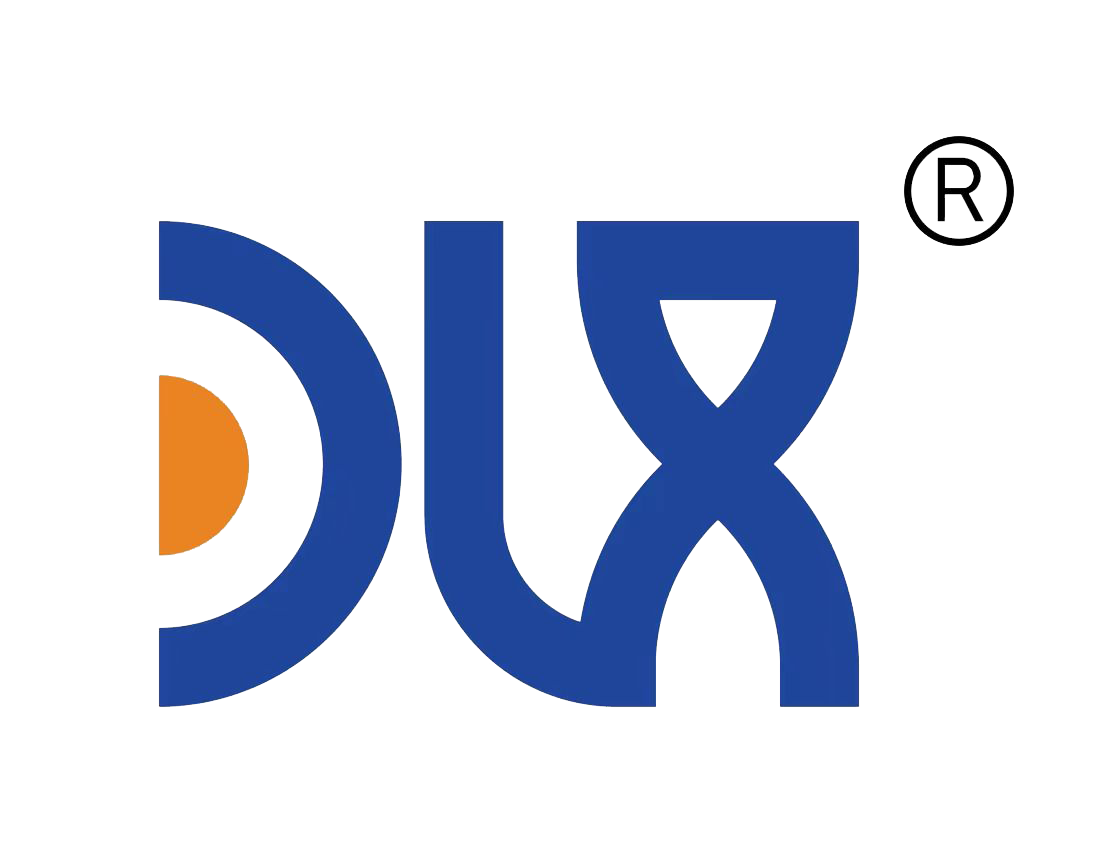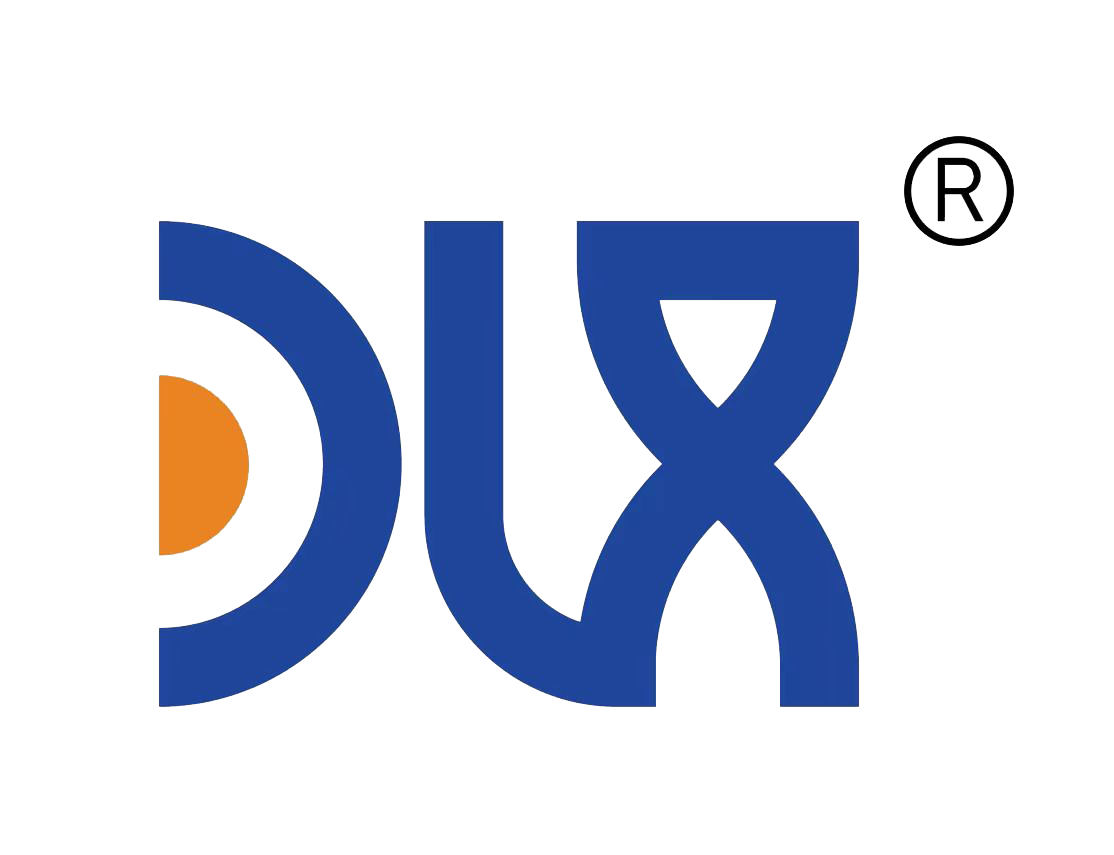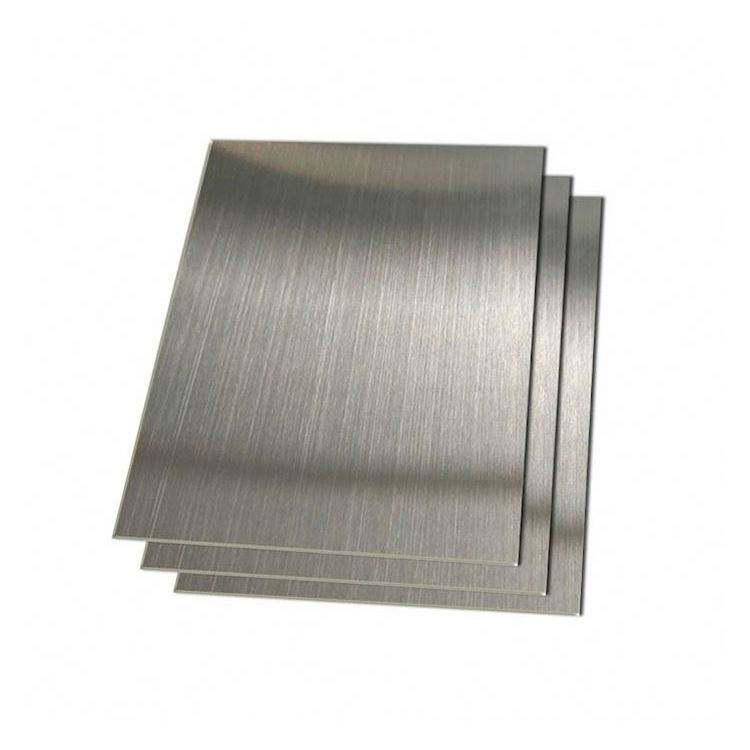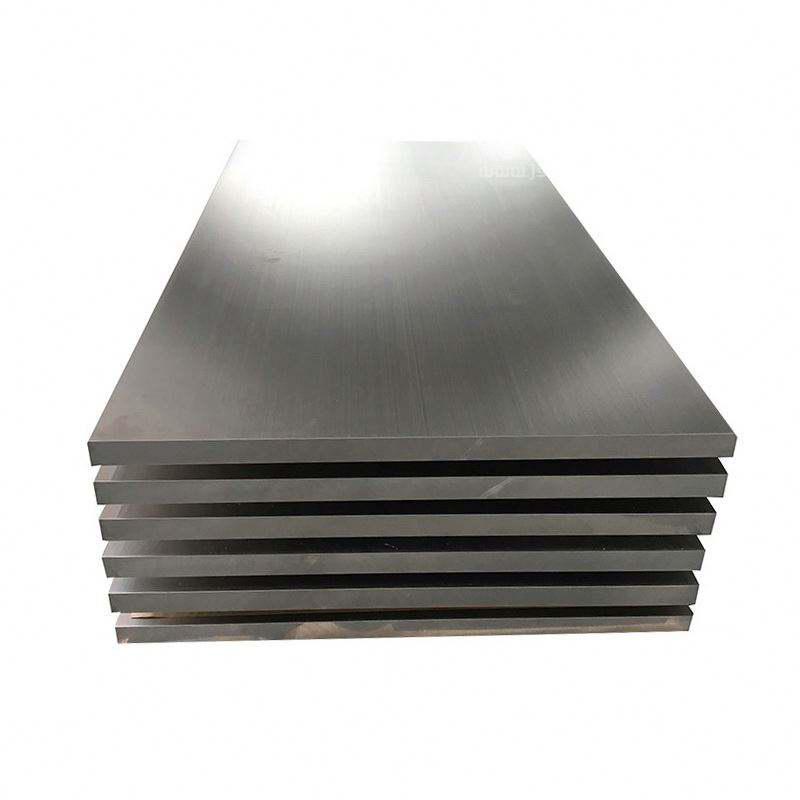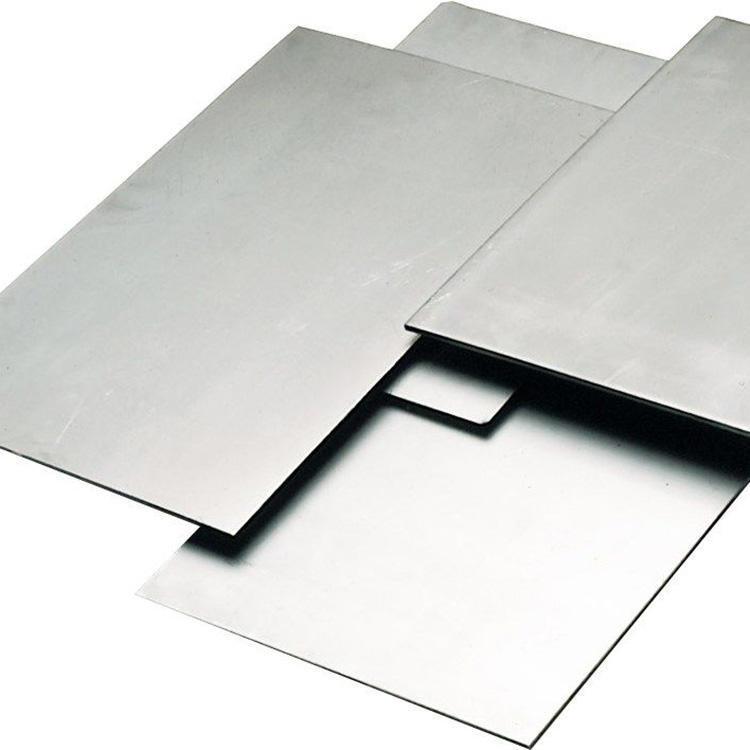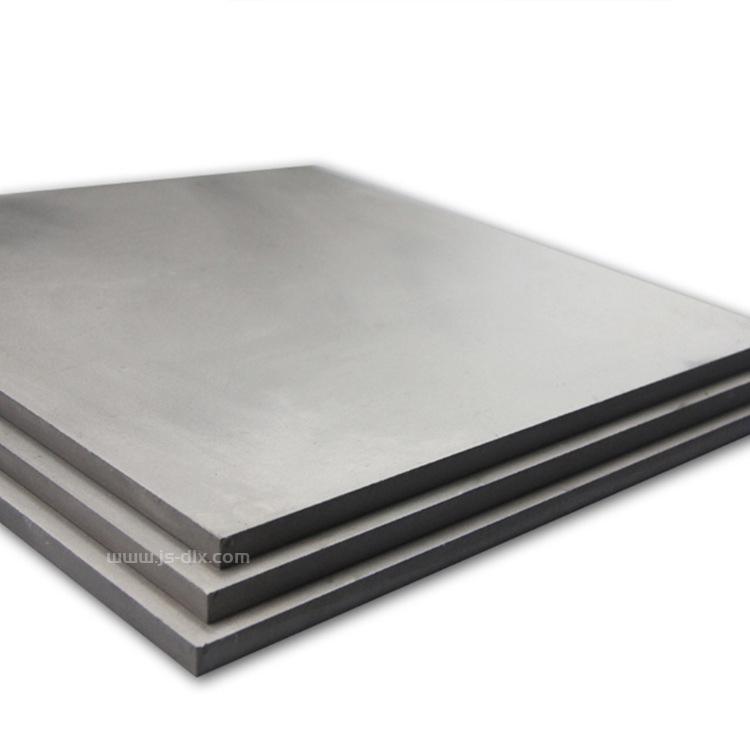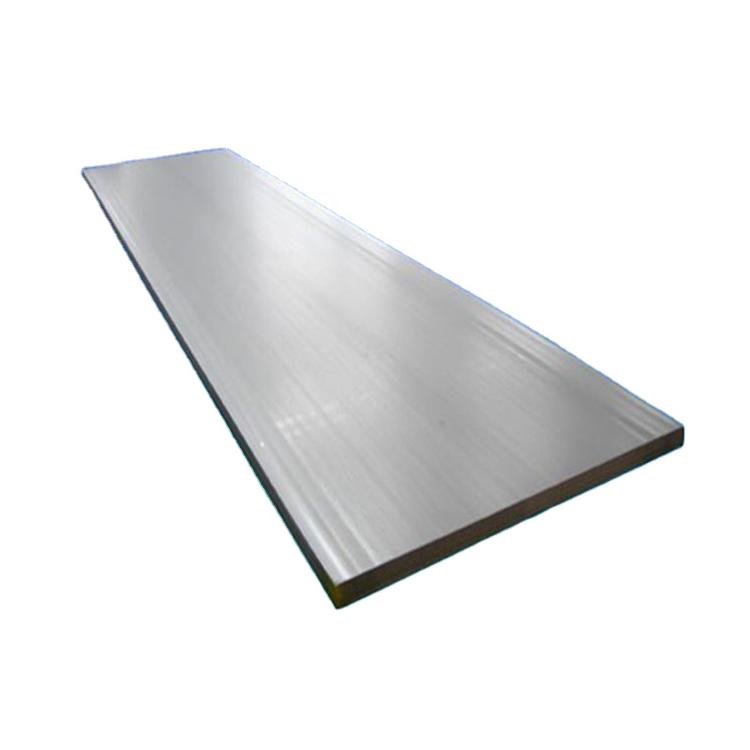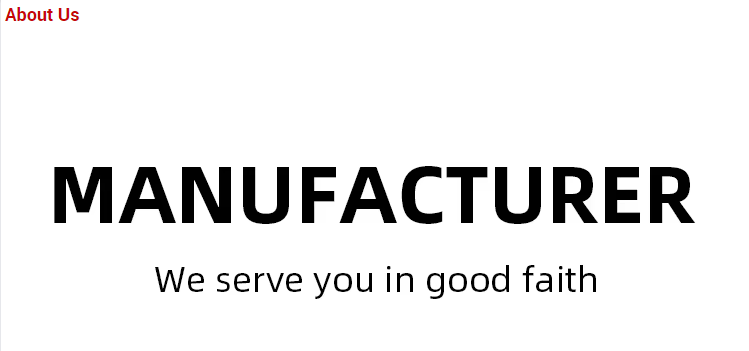Product Description:
Product Overview
The Inconel 825 plate is a versatile nickel-iron-chromium alloy designed for optimal performance in corrosive environments. It is especially effective in resisting stress-corrosion cracking, pitting, and crevice corrosion. This alloy is widely used in chemical processing, oil and gas industries, marine engineering, and more.
Features
Corrosion Resistance: Exceptional resistance to both reducing and oxidizing acids, particularly sulfuric and phosphoric acids.
High Temperature Stability: Maintains structural integrity across a wide temperature range.
Stress-Corrosion Cracking Resistance: Designed to resist cracking in severe corrosive conditions.
Ease of Fabrication: Suitable for welding, machining, and forming with standard techniques.
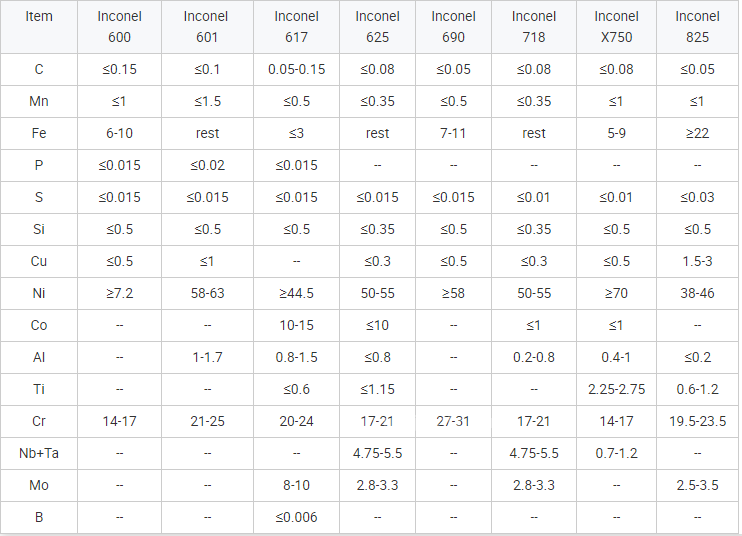
Technical Specifications
Chemical Composition: Nickel (38-46%), Chromium (19.5-23.5%), Iron (Balance), Molybdenum (2.5-3.5%), Copper (1.5-3%), Titanium (0.6-1.2%)
Density: 8.14 g/cm³
Melting Point: 1370-1400°C (2500-2550°F)
Tensile Strength: 550 MPa (80 ksi)
Yield Strength: 220 MPa (32 ksi)
Elongation: 30-40% in 50mm
| Parameter | Value |
|---|---|
| Density | 8.14 g/cm³ |
| Melting Point | 1370-1400°C (2500-2550°F) |
| Tensile Strength | 550 MPa (80 ksi) |
| Yield Strength | 220 MPa (32 ksi) |
| Elongation | 30-40% in 50mm |
| Hardness | 160-190 HB |
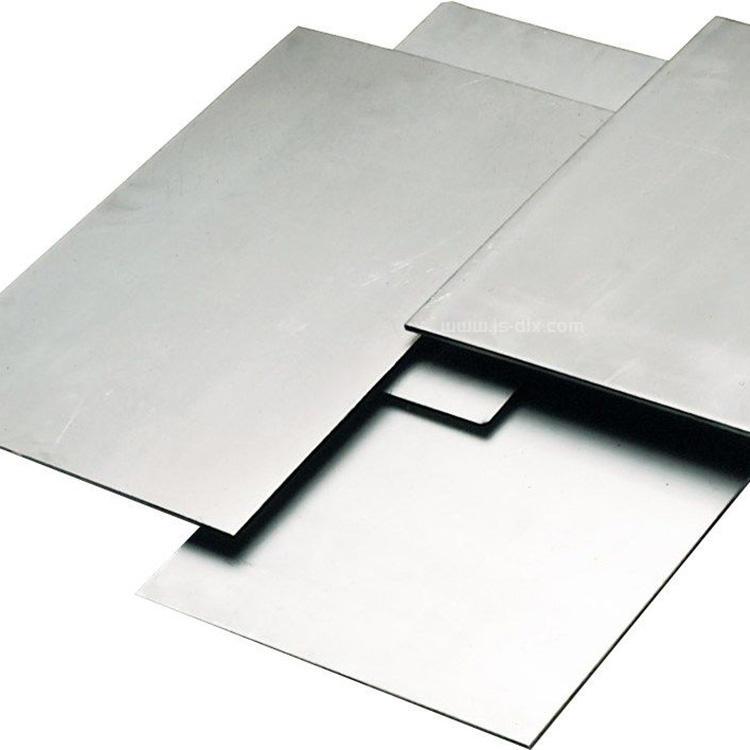
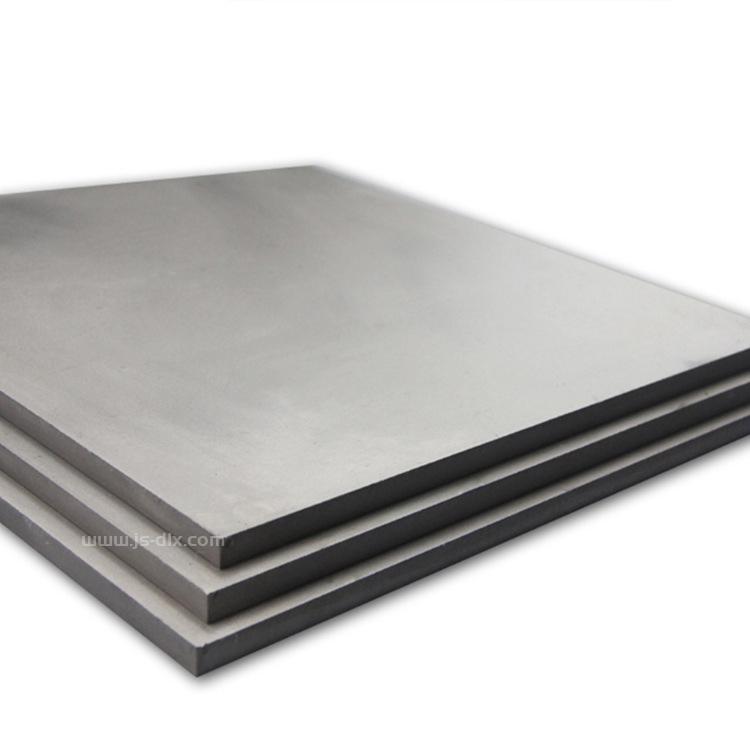
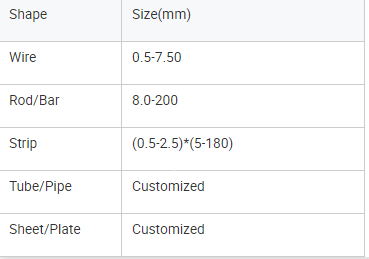
Principle of Operation
Inconel 825 operates effectively in environments that combine high temperatures with corrosive media. The alloy’s balanced composition of nickel, chromium, and molybdenum provides a protective oxide layer, which shields the material from oxidative and corrosive damage.
Applications
Chemical Processing: Ideal for storage tanks, reactors, and heat exchangers exposed to corrosive chemicals.
Oil & Gas: Used in downhole and surface equipment, as well as in offshore drilling platforms.
Marine Engineering: Perfect for seawater cooling systems, marine exhaust systems, and underwater structures.
Pollution Control: Employed in scrubbers, flue-gas desulfurization systems, and other pollution control equipment.
Nuclear Industry: Used in fuel reprocessing and other highly corrosive nuclear environments.
Advantages
Long Service Life: Durability in harsh environments translates to reduced maintenance and downtime.
Versatility: Suitable for a wide range of industrial applications due to its comprehensive resistance to corrosion.
Cost-Effective: Although an advanced material, its longevity and reliability make it a cost-effective choice in the long run.
Customization: Available in various thicknesses and sizes to meet specific project requirements.
Manufacturing Process
Melting: The alloy is melted using vacuum induction melting (VIM) or electric arc furnace (EAF) techniques to ensure purity.
Casting: The molten alloy is cast into slabs or ingots, depending on the required product form.
Hot Rolling: The ingots are hot-rolled into plates of varying thicknesses.
Annealing: Plates undergo annealing to relieve internal stresses and enhance ductility.
Pickling: The plates are pickled to remove surface oxides and impurities.
Inspection: Final inspection for dimensional accuracy, surface quality, and mechanical properties.
Operating Instructions
Handling: Use appropriate handling tools to avoid surface damage.
Welding: Use standard welding techniques like TIG or MIG. Preheat the plate to prevent cracking.
Machining: Employ carbide tools for machining, maintaining a slow feed rate to avoid work hardening.
Forming: Cold forming is possible but requires careful handling to avoid cracking.
Precautions
Storage: Store in a dry environment to prevent surface oxidation before use.
Welding: Avoid contamination by ensuring cleanliness in the welding area.
Machining: Use adequate coolant to prevent overheating.
Safety: Use protective gear when handling and processing the material to avoid injuries.
Service and Support
We offer comprehensive after-sales service, including:
Technical Support: Assistance with installation, welding, and machining processes.
Custom Fabrication: Tailored plate sizes and shapes to meet specific project needs.
Inspection and Certification: We provide material certification and third-party inspection upon request.
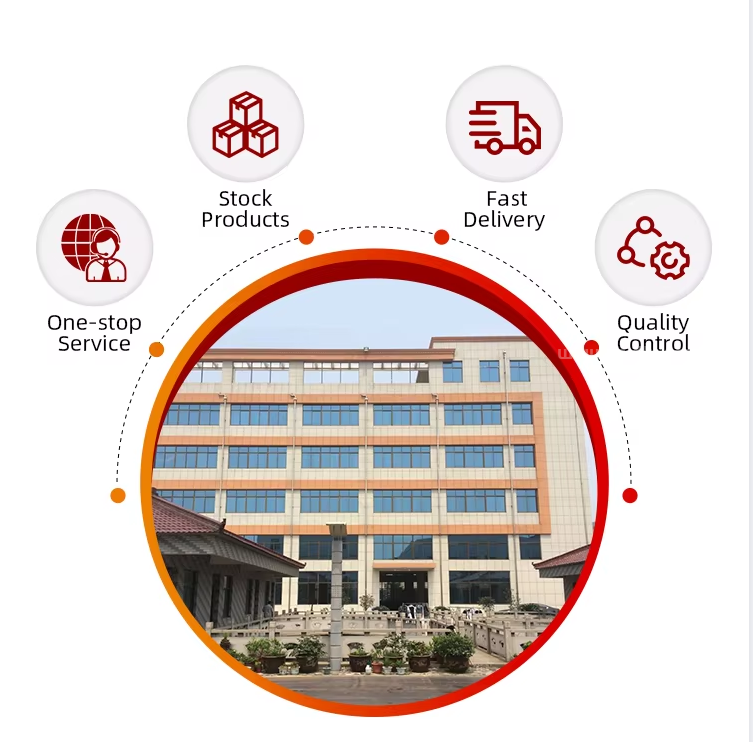
JIANGSU DLX TECHNOLOGY CO, LTD was established in 2002 and has got Iso9001 International Quality Management System Certificate and SGS Certificate. Our factory is professional in researching and producing special alloy material. From melting, drawing, heat treatment, finishing and testing. We offer nickel-based, copper-based, and iron-based alloys, including super alloy, welding materials, anti-corrosion alloy, precision alloy, FeCrAl alloy, NiCr alloy, CuNi alloy, thermocouple and etc, in the form of wire, strip, ribbon, bar, tube, plate.
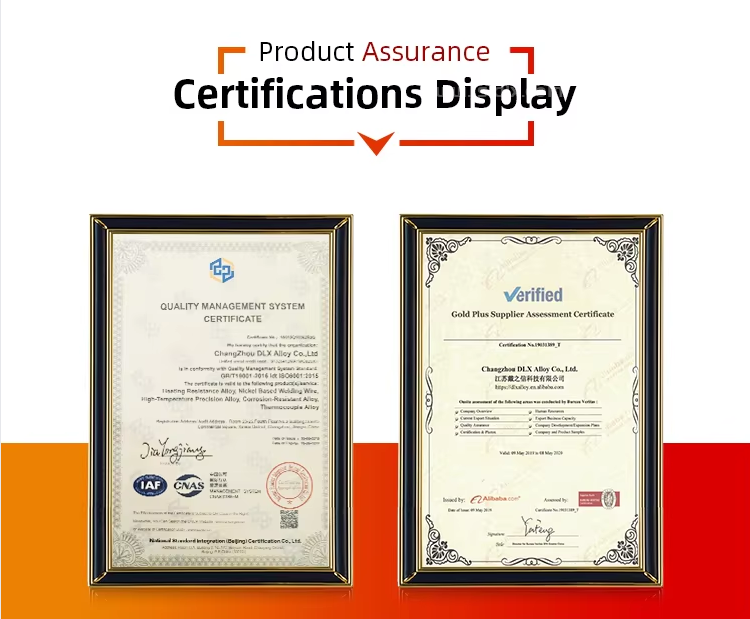
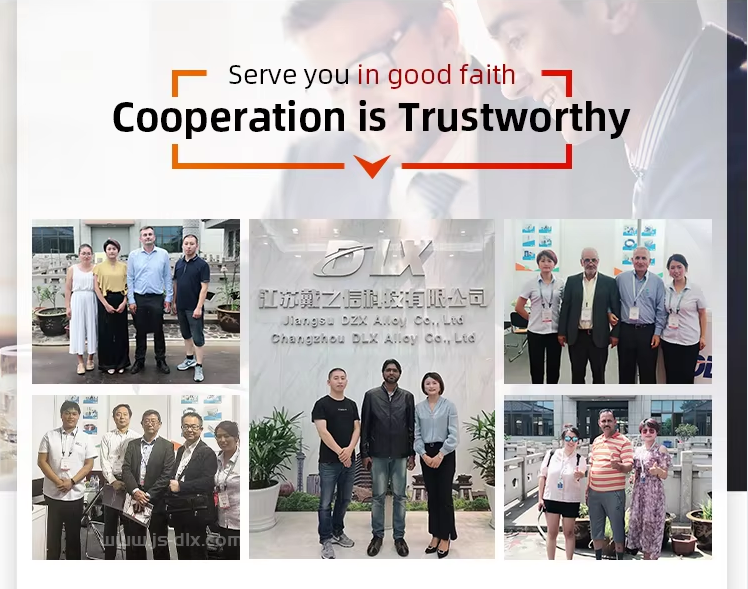
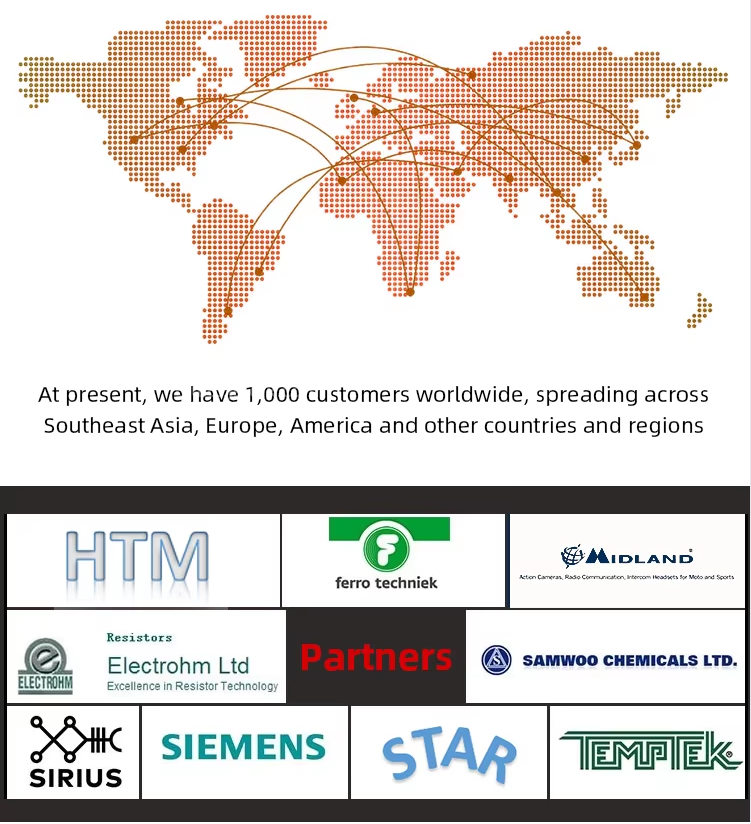
FAQ
Q1: Can Inconel 825 be used in high-temperature applications?
A1: Yes, Inconel 825 is suitable for high-temperature environments, maintaining its integrity up to 1000°C (1832°F).
Q2: How does Inconel 825 compare to other Inconel Alloys?
A2: Inconel 825 offers superior resistance to sulfuric and phosphoric acids compared to Inconel 625 and 718, making it ideal for chemical processing.
Q3: Is Inconel 825 easy to weld?
A3: Yes, it can be welded using standard welding techniques, though care must be taken to prevent cracking.
Q4: What industries typically use Inconel 825?
A4: It is commonly used in the chemical processing, oil and gas, marine, and nuclear industries.
